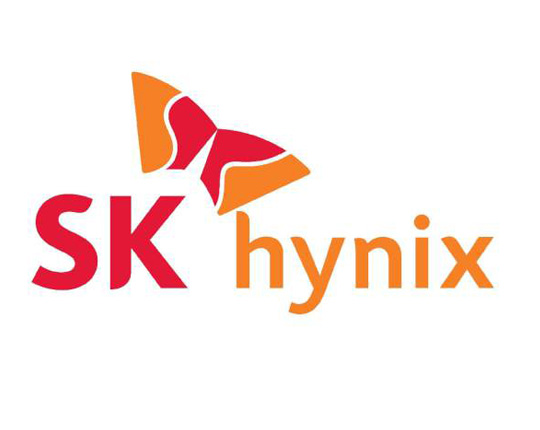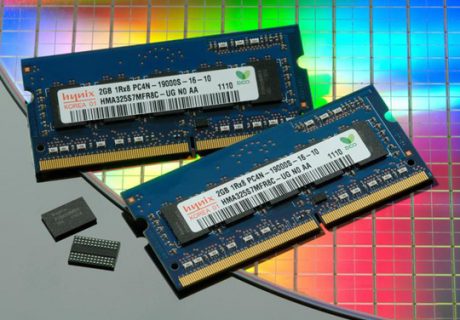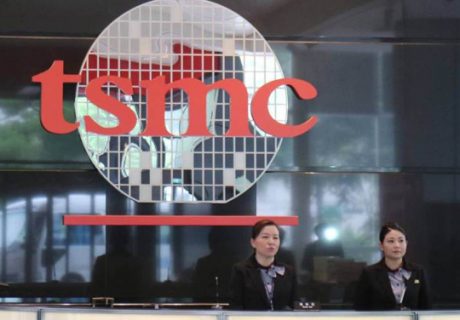SK Hynix announced the completion of the development of 8Gb capacity DDR4 DRAM chips based on the lYnm process. The chip supports up to 3200Mbps and offers the best performance and capacity density. In terms of technical indicators, the productivity of the lYnm chip is increased by 20% and the power consumption is reduced by 15% compared to 1Xnm.
SK Hynix said that the new 1Ynm chip also significantly improved the accuracy of the sensor, adjusted the transistor structure, and reduced the error rate of data transmission.
The new chip manufactured using 1Ynm technology boasts 20 percent higher productivity and 15 percent more energy efficiency, compared to the previous generation 1Xnm DRAM. The letters, X, Y and Z, are used to indicate high-, mid-, and low-single digits — a lower the number indicates more advanced chip fabrication technology.
The new DRAM chip supports a data transfer rate of up to 3,200Mbps, the fastest processing speed in DDR4 interface, according to the company. The firm has deployed the so-called four-phase clock technology, which helps double signals to boost the data transfer speed and stability.
The chipmaker also said it has deployed its own Sense Amp. Control technology, which adopts an improved transistor structure and extra power supply to reduce power consumption and data errors.
The technology to prevent data errors is considered crucial as there is a higher possibility of technical glitches due to minute components with the development of nano-fabrication technology, according to the firm.
“This 1Ynm 8Gb DDR4 DRAM chip has optimum performance and density for our clients,” said Vice President Sean Kim, head of SK hynix’s DRAM marketing unit. Hynix officially announced that lYnm DDR4 DRAM chips will be shipped in the first quarter of next year, and will be used first in server and PC products, and then promoted to mobile phones and other fields.
After targeting the server and PC segments first with the new chip, the firm plans to utilize the DRAM tech for other applications, such as smartphones and tablet PCs.




















